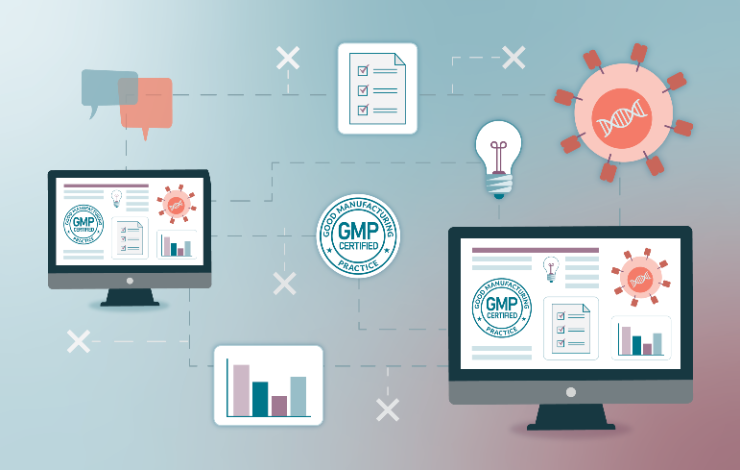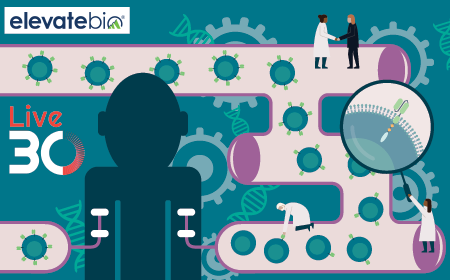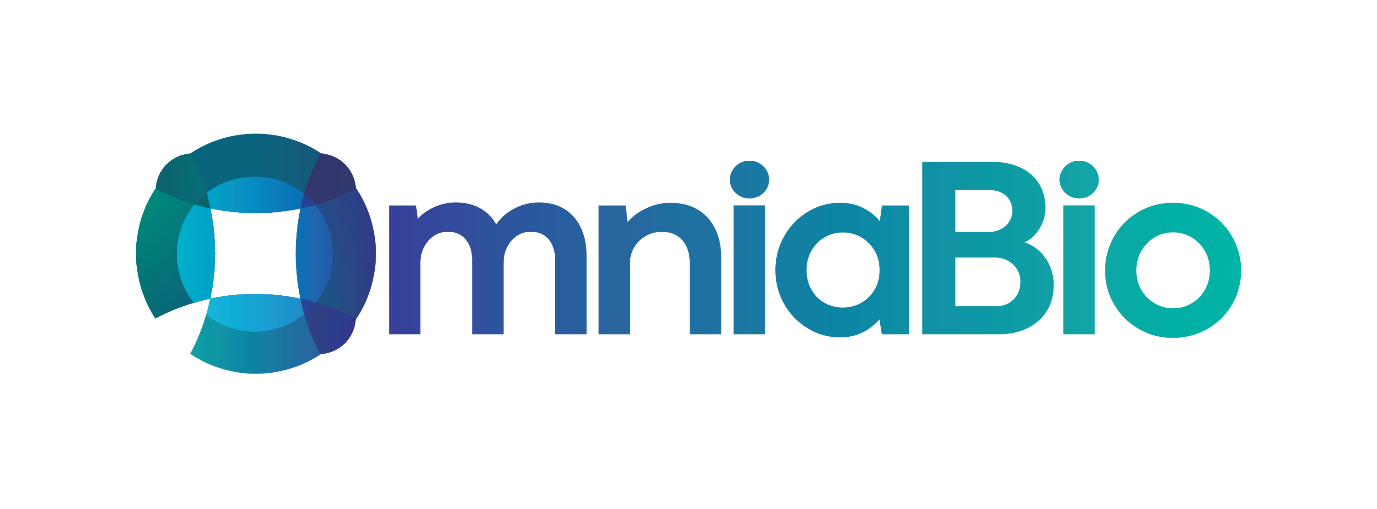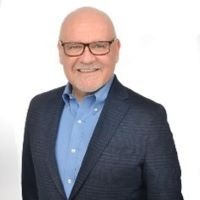Unlocking success in CAR T tech transfer: from challenges to seamless execution

As CAR T cell therapies continue to lead innovation and revolutionize disease treatment, with several approved CAR T cell therapies and many more advancing through the clinical pipeline, the significance of effective tech transfer is undeniable.
This webinar will uncover the essential lessons learned from past experiences and define the core principles of successful CAR T tech transfer, highlighting the importance of strategic infrastructure, communication, and readiness. We will demonstrate how to navigate common challenges including CDMO selection, ensuring material and equipment suitability, documentation generation and knowledge transfer, and analytical method transfer. Real-world experiences will be shared illustrating how best practices can ensure a smooth transition to GMP manufacturing, and preparing you for product approval, ultimately accelerating your path to market.
- Share typical obstacles encountered in tech transfer and how to proactively address them
- Discover how to master the CAR T cell therapy tech transfer process
- Learn from a real-world case study showing how to achieve seamless transition to GMP manufacturing
You might also like

Safeguard your viral vector tech transfer: considerations and case studies

Navigating CAR-T manufacturing: from research to GMP readiness

Mastering the journey from initial method transfer to successful lot release for cell & gene therapies




